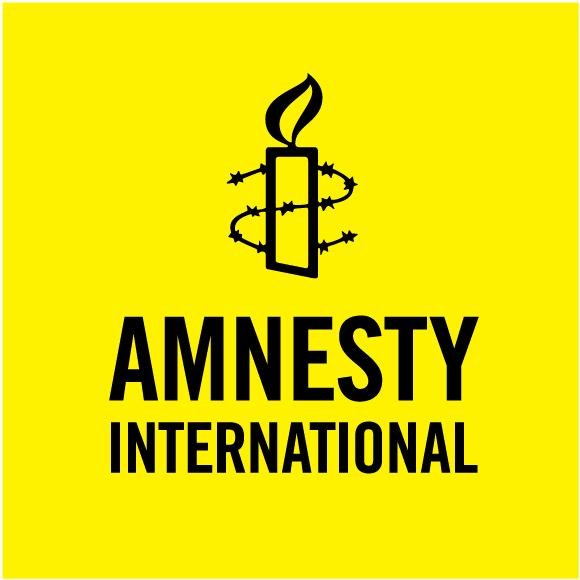Amnesty International is a global movement of more than 7 million people who take injustice personally. We are campaigning for a world where human rights are enjoyed by all.
We are funded by members and people like you. We are independent of any political ideology, economic interest or religion. No government is beyond scrutiny. No situation is beyond hope.
Few would have predicted when we started that torturers would become international outlaws. That most countries would abolish the death penalty. And seemingly untouchable dictators would be made to answer for their crimes.
What does Amnesty do?
We investigate and expose the facts, whenever and wherever abuses happen.
We lobby governments, and other powerful groups such as companies. Making sure they keep their promises and respect international law.
By telling the powerful stories of the people we work with, we mobilize millions of supporters around the world to campaign for change and to stand in defence of activists on the frontline.
We support people to claim their rights through education and training. .
We are introducing a new, global way of working – with a distributed centre and Regional Hubs of research, campaigns and communications – because we owe it to the people we work for to be the most effective force for freedom and justice that we can, globally.
As we develop this process – in line with the long-held desire of our international membership – we will post regular blogs, articles, stories and personal accounts to explain what is happening, and why it is important to those on the human rights front line.
Members:
Resources
Displaying 31 - 32 of 32Myanmar: Atrocities in the Shan State
The last two years have seen a profound deterioration in the human rights situation throughout the central Shan State in Myanmar. Hundreds of Shan civilians caught in the midst of counter-insurgency activities have been killed or tortured by the Burmese army. These abuses, occurring in a country which is closed to independent monitors, are largely unknown to the outside world. Denial of access for human rights monitors and journalists means that the full scale of the tragedy can not be accurately calculated. Therefore the information presented below represents only a part of the story.
Myanmar: Ethnic Minority Rights under Attack
This report focuses . . . human rights violations against members of ethnic minority groups. These abuses, including extrajudicial executions; ill-treatment in the context of forced portering and labour; and intimidation during forcible relocations occur both in the context of counter-insurgency operations, and in areas where cease-fires hold. The State Law and Order Restoration Council SLORC, Myanmar's military government) continues to commit human rights violations in ethnic minority areas with complete impunity.


